
Failover clustering in the Azure cloud: Understanding the options
A number of options are available for providing high availability protection for applications running in the Azure cloud. Some of these options are cloud-based services. Some are in the operating system or application software. And some are purpose-built by third-parties. The numerous permutations and combinations available can make it extraordinarily difficult to choose the best and most cost-effective solution for each application.
In general, failover clusters are the best option for assuring high availability. Historically, failover clusters were relatively easy to configure and test in the enterprise datacenter using shared storage and standard features built into Windows Server. But in the Azure and other public clouds, there is no shared storage. This creates a need to find other options for running mission-critical applications in a public or hybrid cloud environment. This article examines the options available for providing high availability (HA) for applications running within the Azure cloud. Special emphasis is given to SQL Server as a particularly popular application for Azure.

Microsoft launches Azure-based Windows Virtual Desktop for running Windows in the cloud
Microsoft has announced Windows Virtual Desktop, a way to run virtualized instances of Windows and Office in the cloud.
Running on Azure, Windows Virtual Desktop offers multi-user supports and enables several people to remotely log into the same Windows 10 virtual machine. Microsoft says that the service is also optimized for Office 365 ProPlus and notes that it includes free Windows 7 Extended Security Updates.
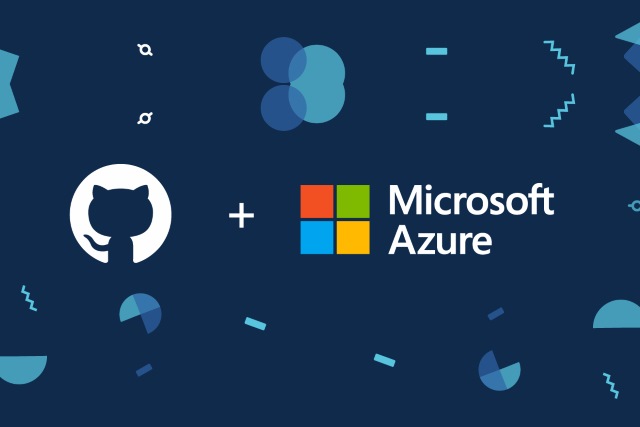
Azure Pipelines CI/CD service arrives in the GitHub Marketplace
Microsoft today announced the successor to Visual Studio Team Services, Azure DevOps, as well as Azure DevOps Server, replacing Team Foundation Server. As part of this, the company also launched a new CI/CD service called Azure Pipelines which gives developers the chance to build, test and deploy to any platform.
Azure Pipelines has been launched in the GitHub Marketplace, and it is completely free for open source repositories.

Microsoft joins forces with Walmart to take on Amazon with cloud technology
Microsoft has announced that it has formed a strategic partnership with retail giant Walmart to help "make shopping faster and easier for millions of customers around the world".
The five-year deal between the two companies will see Walmart making use of Microsoft's cloud technology solutions such as Microsoft 365 and Azure. The retailer already uses some Microsoft services, but with the new partnership this expands into cloud tools that use machine learning and artificial intelligence.

Microsoft acquires machine learning and AI startup Bonsai
Seeking to strengthen its artificial intelligence arsenal, Microsoft has announced an agreement to acquire San Francisco-based AI startup Bonsai.
Bonsai already had Microsoft links, having been set up back in 2014 by two former Microsoft engineers, Mark Hammond and Keen Browne. The company specializes in "deep reinforcement learning" which can be used to teach autonomous systems within simulations, and the company sees this tying in with Azure.

Microsoft unveils IoT-ready Windows Collaborative Displays
In a keynote address at Computex 2018, Microsoft introduced a completely new hardware platform: Windows Collaboration Displays. Designed for use in offices and meeting rooms, the displays are touch-sensitive and can connect to Microsoft Azure Internet of Things spatial recognition via built-in sensors.
While clearly related to the Surface Hub, Windows Collaborative Displays have a key difference: you have to supply your own computer hardware. Hook up a computer, and you have digital whiteboard and presentation tool at a fraction of the cost -- although pricing is yet to be confirmed.

Microsoft made its own IoT-ready Linux kernel for Azure Sphere OS
Microsoft has opened up its heart to Linux in recent years, but now the company has done something that would have previously been unthinkable: it has built its own Linux kernel.
As part of its embracing of the Internet of Things, Microsoft has announced Azure Sphere, an ARM-based platform for the IoT with a focus on security. Key to Azure Sphere are small MCU-powered (microcontroller) devices -- essentially SoC devices -- which run Azure Sphere OS and securely connect to Azure backends. Security comes thanks to the use of a custom Linux kernel.

Enterprises turn to multi-cloud environments despite extra complexity
Businesses have been adopting the cloud for many reasons, the results of a new study show that large enterprises are increasingly turning to multiple different clouds despite the complexity this creates.
The report from hybrid cloud management company Scalr shows several reasons for this approach. Half of enterprises rank disaster recovery as the top reason for implementing multiple clouds, with having a secondary platform for test/dev coming in as a close second at 46 percent.

McAfee delivers added security for Microsoft Azure
Azure is a popular cloud platform for business, but firms need to ensure their applications, underlying cloud infrastructure and data are protected.
McAfee is addressing this by extending its Cloud Security Platform to consistently protect Azure, delivering an extensive solution to secure Infrastructure-as-a-Service (IaaS), Platform-as-a-Service (PaaS) and Software-as-a-Service (SaaS).
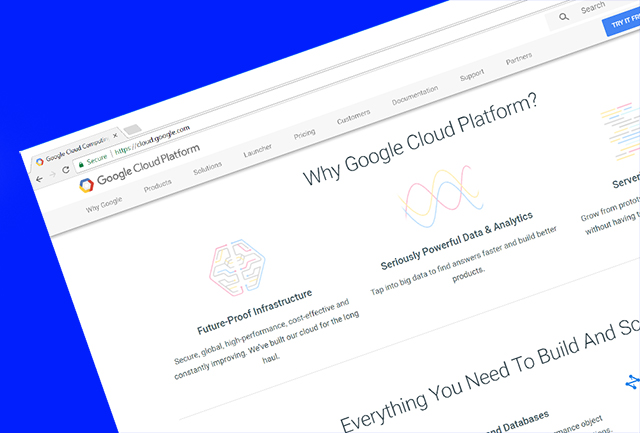
Apple iCloud now powered by Google Cloud, not Microsoft Azure
Public Cloud is a massive business for tech giants like Amazon, Microsoft and Google. Amazon Web Services (AWS) is currently the clear leader, with 62 percent share, followed by Microsoft Azure, on 20 percent, and Google on just 12 percent.
However, Google has scored an important win over Microsoft, replacing its rival as the cloud infrastructure service Apple relies on for its own iCloud services.

Cloud adoption is up but 35 percent of spend is wasted
The dash to move data and applications to the cloud shows no signs of slowing down, but while the adoption of cloud solutions is up there are still major challenges.
A new report from cloud delivery specialist RightScale shows that 26 percent of enterprises (with more than 1,000 employees) are spending over $6 million a year on public cloud.

The Linux Foundation launches 'Administering Linux on Azure' training course
Linux is very much mainstream nowadays. What was once viewed as a hobby and niche project, is transforming the world. Many of the world's servers are running Linux-based operating systems. Hell, the most popular mobile operating system on the planet, Android, is Linux-based. Even closed-source champion Microsoft is embracing Linux by integrating it into Windows 10 and offering it on its Azure platform.
Please know, Linux will only get more popular; gaining more knowledge about it is vital for your career in information technology. If you want to further your education, The Linux Foundation has your back. You see, the organization is launching a new training course called "Administering Linux on Azure."
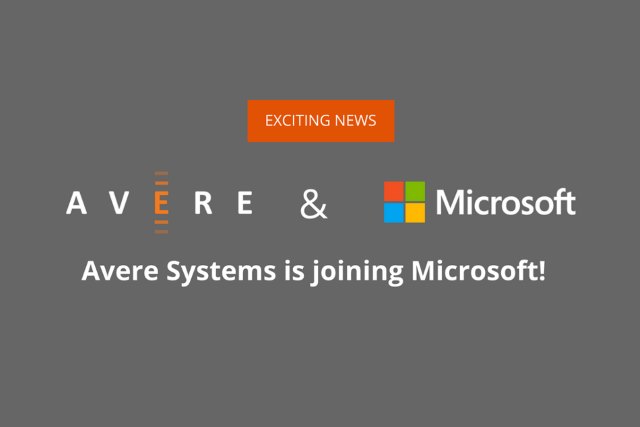
Microsoft acquires storage vendor Avere Systems to boost its hybrid cloud offerings
Microsoft has bought file systems company Avere Systems for an undisclosed sum. The acquisition is part of Microsoft's continuing shift to the cloud, and sees the company improving its enterprise products.
Avere's technology will be integrated into Microsoft Azure, continuing the company's provision of "high-performance NFS and SMB file-based storage for Linux and Windows clients running in cloud, hybrid and on-premises environments."
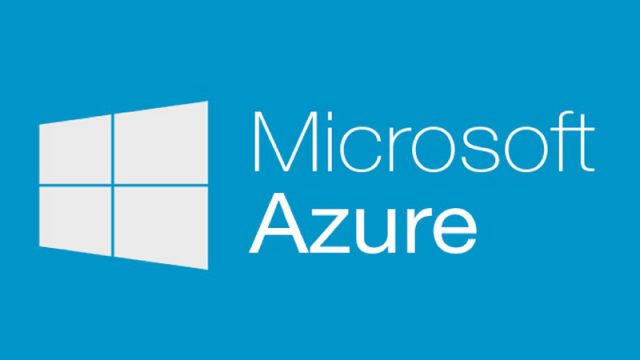
Best practices for Microsoft Azure Active Directory
Transitioning business IT from a primarily hardware based infrastructure to a high-performing cloud environment is compelling for most enterprises. Cloud computing has the power to streamline organizational processes and offers a reliable solution for data storage, access, management, business continuity, and analysis. IT teams stand to benefit from implementing a cost effective and scalable solution that is, in principle, simpler to manage than a traditional data center comprised of disparate hardware components. There are important challenges to consider when adopting cloud, such as vendor lock-in, security management, and redefining the organization’s culture.
Microsoft Azure has been adopted by the vast majority of IT teams globally. The cloud based platform allows IT managers to build, test, deploy and oversee applications on a global network of Microsoft data centers. The scalable as-a-service solution has proved extremely popular: by the year 2020, Gartner believes that 90 percent of organizations will adopt hybrid infrastructure management and that Azure, along with its larger counterpart Amazon Web Services, will dominate this market. However, while the pace of cloud adoption shows no sign of abating, migrating to, and managing data within a cloud environment comes with a set of unique challenges around accessibility, data protection and security. So how should organizations set about putting in place an effective Azure Active Directory?
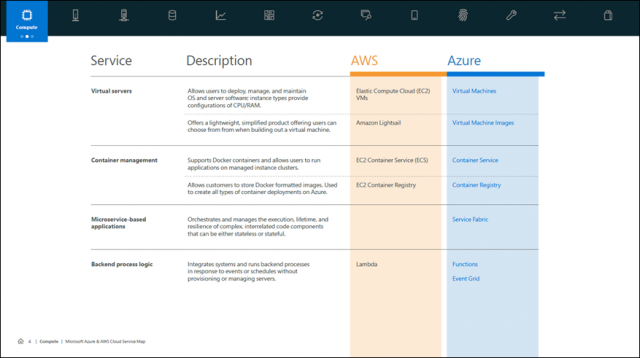
Microsoft launch comparison tool for AWS and Azure
Microsoft has released a new tool to help IT decision makers understand the differences and similarities between Azure and Amazon Web Services easier.
The tool is called Cloud Services Map.
